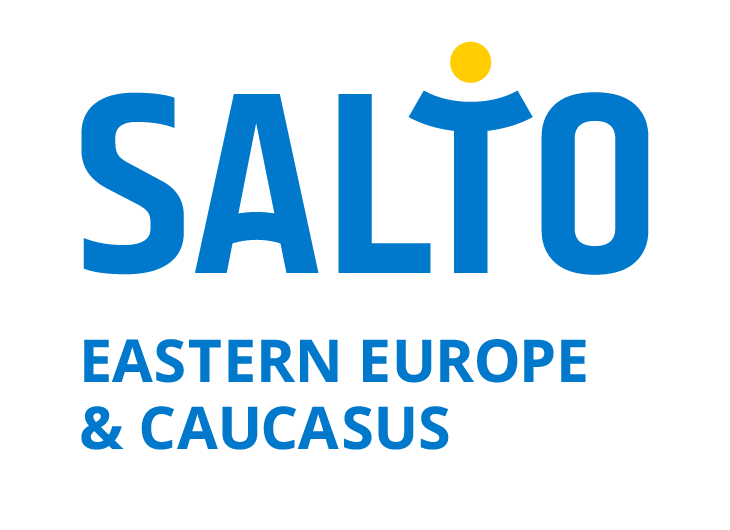We wish to honour the impact of European youth programmes on supporting lifelong learning and fostering competence development, engaging different stakeholders of the field. We are looking for inspirational projects where young people, youth workers, representatives of organisations and other involved parties are encouraged to reflect on their learning journey and competence development. When evaluating the projects, we are particularly interested in your practices and approaches to support and accompany the learning processes and development of young participants and youth work practitioners. All activities with a strong learning dimension are eligible – youth exchanges, volunteering projects, youth-led activities, training courses etc.
What is specifically important for a project in this category?
When evaluating the projects, we are particularly interested in your practices and approaches to support and accompany the learning processes and development of young participants and youth work practitioners. All activities with a strong learning dimension are eligible – youth exchanges, volunteering projects, youth-led activities, training courses etc.
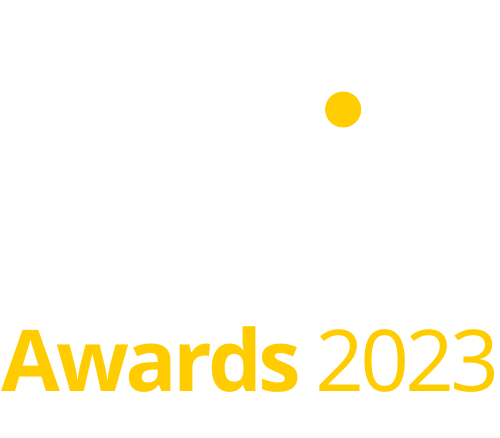







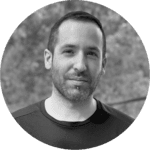
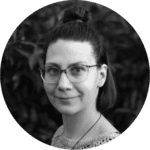







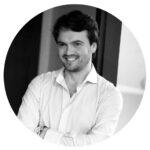

















 Joaquim worked for the Erasmus+ Portuguese National Agency for 9 years, and for 5 years as national coordinator of the Eurodesk Portuguese network, focusing, among other priorities, on competence-development and competence development frameworks in the field of youth information work. He has a strong record of volunteering work in the field of Youth, developing several projects, nationally and internationally, focused on designing competence-development frameworks for youngsters and/or youth workers, both in formal and non-formal realities. He is a member of the Youthpass Advisory Group
Joaquim worked for the Erasmus+ Portuguese National Agency for 9 years, and for 5 years as national coordinator of the Eurodesk Portuguese network, focusing, among other priorities, on competence-development and competence development frameworks in the field of youth information work. He has a strong record of volunteering work in the field of Youth, developing several projects, nationally and internationally, focused on designing competence-development frameworks for youngsters and/or youth workers, both in formal and non-formal realities. He is a member of the Youthpass Advisory Group Karmen has been active in the field of nonformal learning since 2005 as a youth worker, trainer, and social researcher. Running her own NGO, she found her passion in mentoring and supporting young people and young youth workers. She has coordinated several European projects, most of them about project management, nonformal learning, sustainability and emotional intelligence. She is also one of the members of the Youthpass Advisory Group steered by SALTO Training and Cooperation Resource Centre.
Karmen has been active in the field of nonformal learning since 2005 as a youth worker, trainer, and social researcher. Running her own NGO, she found her passion in mentoring and supporting young people and young youth workers. She has coordinated several European projects, most of them about project management, nonformal learning, sustainability and emotional intelligence. She is also one of the members of the Youthpass Advisory Group steered by SALTO Training and Cooperation Resource Centre.

















